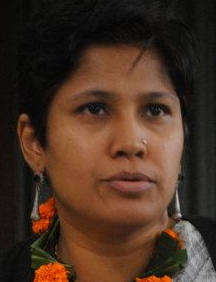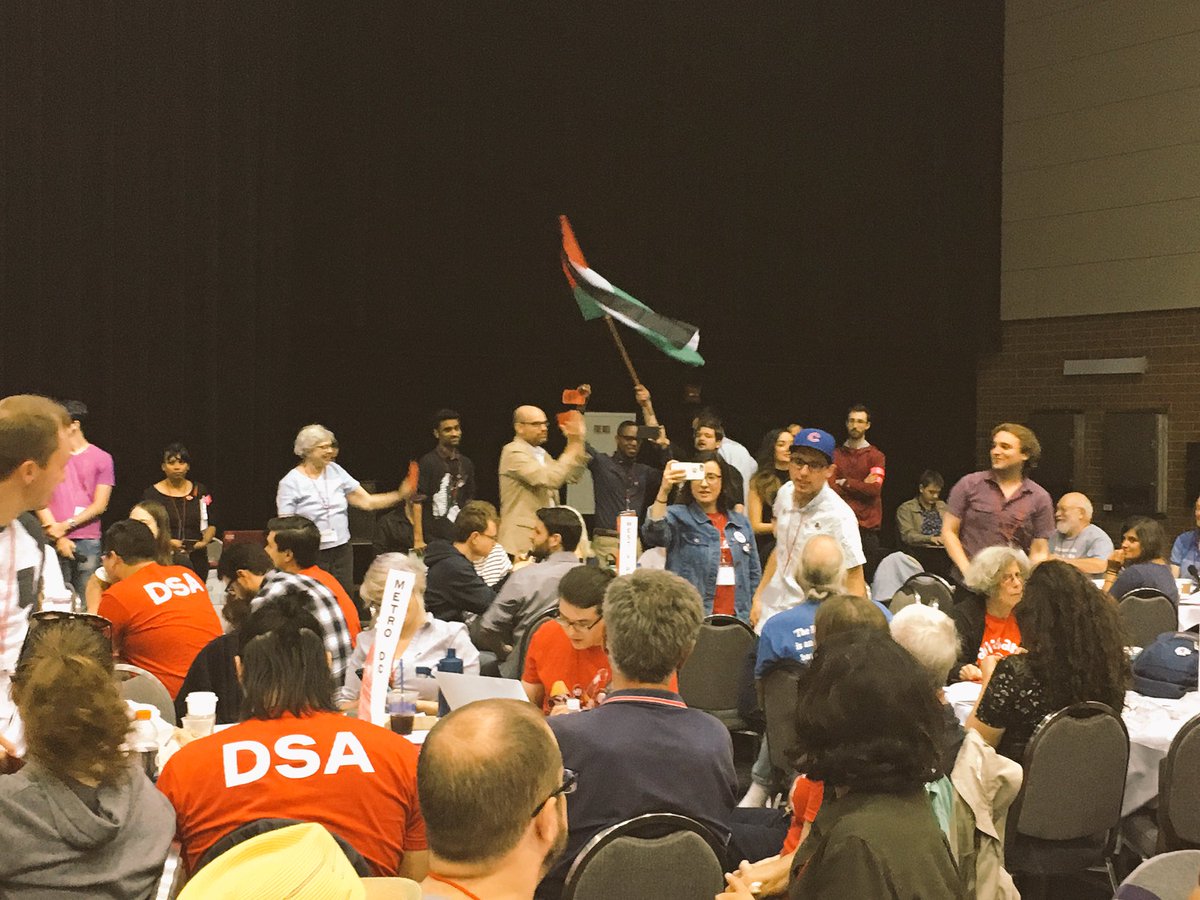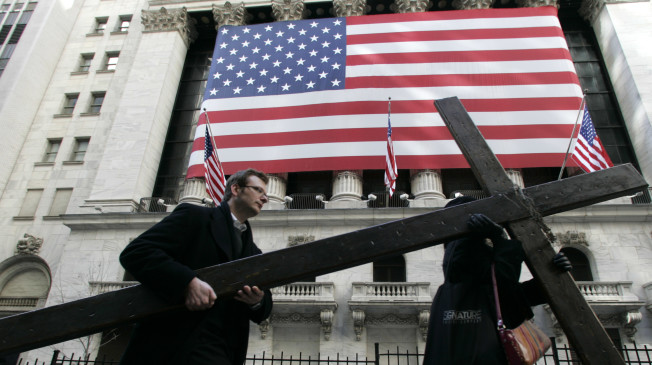By Chaumtoli Huq
Creating Law@theMargins was deliberate and intentional to create a platform from which to collectivize the development and promotion of ideas on social justice and put into practice the idea of democratic scholarship, which I hope to be the theoretical foundation to this project. It was ambitiously intended to create a platform to challenge how ideas are formed, created, and promoted. There, I write and curate pieces from guest writers engaged in social justice work, and not exclusively by lawyers. Further, it seeks to put into practice deeply felt beliefs on praxis, scholarship, activism, theory and practice, and the numerous other ways these principles fail to get to the root of knowledge production that seeks to privilege certain perspectives, voices over others, while at the same time not lapsing to some identity-based concept of the activist/radical scholar or tokenizing of community. Social media and technology allows me to include perspectives from all over the globe onto one platform. The accessibility of social media allows for an expansive thinking on scholarship. I welcome the opportunity to revisit our ideas of scholars and scholarship.
Through Law@theMargins, I would like to open a conversation on who is a scholar and what does democratic scholarship look like. How is scholarship conceived, produced, published? How is it validated or valued? Through this open-sourced process, I hope to develop refine my own thinking on scholarship within a collective, open process, which I lay out here more for comment.
I have often heard we are now living in an Idea Economy, and so the person with the boldest, innovative idea, will succeed, compete. Ideas, thoughts then become a commodity to transact to distinguish one-self from others. As we begin to value experiential knowledge, and bring community-based perspectives into academy, new words emerge to distinguish the “traditional scholar” – e.g. thought leader. Even in the social justice context, foundations promote certain individuals within movements as the “thinkers” within the movement. It seems no matter how much we democratize spaces, even social justice movement spaces, our concepts of an individual that is the prime conduit of ideas still stubbornly remain. This is because we may have included marginalized voices into our work, but we have not changed the way in which we think about how ideas are produced. Knowledge production remains in the exclusive domain of elite intellectuals. It is conceived, just by the referencing of an idea economy, as part of capitalism. Until we imagine ideas, scholarship, even that intended to help marginalized communities, within a capitalist, transactional framework, we will still be debating theory and practice. We need a massive revolution on how we think about ideas, and not inflate this idea economy.
To help this collective conversation, I lay out some working definitions to provoke questions, reactions, and thoughts.
Democratic Scholarship & Democratic Scholars
Democratic scholarship employs methodologies that actively engages and invites the participation of people and community impacted by scholarship, and gives them a voice in the direction, production of such ideas contained within the scholarship, and where appropriate to provide shared ownership/attribution of the contributions in the promotion of ideas.
Democratic scholars are not located solely in academic institutions, but can be anyone who is seriously reflecting and thinking on ideas of justice. Scholars understand that by virtue of their access to formal education they are able to write on ideas that marginalized communities or activists doing on the groundwork cannot; yet, the ideas generated in their work may define the communities and their issues. As such, it can limit the potential for communities to define for themselves their issues and ideas. The democratic scholar is mindful of this and is committed to ensuring that the voices and perspectives of marginalized communities are heard and their contributions are visible in the production of ideas. They actively work to remove obstacles for community members to engage in scholarship production in a meaningful way. They also must acknowledge that knowledge production is not an individualized process outside of any socio-historical context.
Democratic scholars must be interested in disrupting individualized notions of scholarship and ideas, and work towards collectivizing the process of knowledge production and promotion. In this regard, democratic scholarship must be anti-imperial and anti-colonialist in that the scholar does not “extract” the raw materials of ideas from community and promote them as their own.
Who is an activist, who is the “community” and who is the scholar are contested identities that need to be re-imagined. This does not negate their own contributions, but simply acknowledges the pivotal role that marginalized communities play in the development of ideas.
Gramsci’s concept of the organic scholar seems most aligned to what I am thinking; however, his concept still is focused on the individual and the scholar’s relationship to community. Here, the democratic scholar is engaged in a more dynamic, interactive, interdependent process and her relationship to community reflects this fuller engagement. Nonetheless, Gramsci’s “organic scholar” at least stands in contrast to self-appointed “thought leaders” and “public intellectuals” which often reinforces a way of knowledge production that remains the domain of formally and highly educated.
Many Participatory Action Research (PAR) based scholarship is democratic scholarship in that it actively engages community impacted in the production of the scholarship. PAR is used now in many social justice settings. This development in my mind is the most promising in social justice work. This research is often taking place outside of the formalized academy.
In my definition, I draw from a seminal and influential piece by Professors Margaret Montoya and Francisco Valdes, called: Latina/os” and the Politics of Knowledge Production. My formulation owes much to the pioneering work in legal academy by critical legal theorists. In their must read piece, they lay out different types of scholarship including urging scholars to engage in a more democratic process of knowledge production. In response to my formulation of democratic scholarship, Professor Montoya writes the following points to me, poetically and forcefully:
- This idea of democratic scholarship is opposed to forms of discourse that have been called “imperial” (by Richard Delgado and others) and characterized by an elitism and/or exceptionalism paradigm, we position ourselves against scholars who work in closed circles primarily in a handful of high profile institutions.
- With our definition, we were striving to embrace Outsider scholarship that was/is experimental, creative, boundary crossing or boundary-ignoring, inchoate, and questioning.
- We were intentionally eschewing norms or standards that stultify or thwart the consideration of power and powerlessness and how they are sustained and re-inscribed.
- We hope to develop/ we try to be intentional about developing scholarship consistent with a social justice ethic such that the work does no harm as a first goal, but beyond that seeks to advance an analysis and praxis toward greater justice, equity, fairness, liberty.
Professor Montoya’s remarks perhaps captures best the idea of democratic scholarship and the responsibility of a democratic scholar, and provides a historical context, and antecedent to where I am hoping we can collectively build on.
So, how would you define the democratic scholar? What are her responsibilities to the community? How is/can she be held accountable? Is it possible to create scholarship that in its production does not reinforce the same inequities that it seeks to challenge? How do we remain vigilant that our work “does no harm” and move towards justice.
#demscholar





